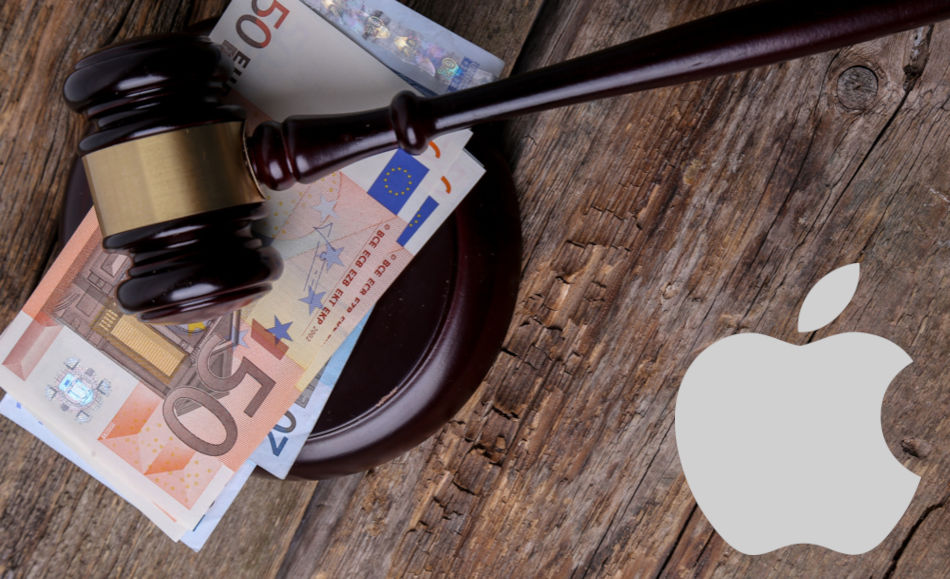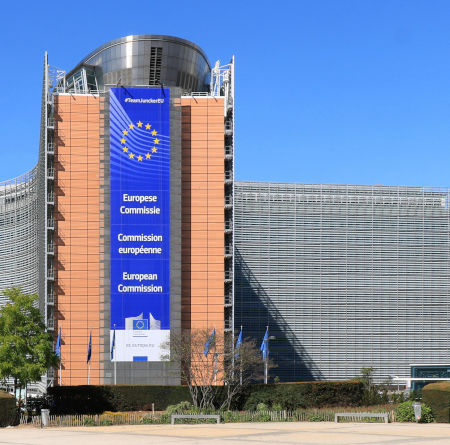
Apple Gets a $1.95 Billion Penalty from the European Commission for App Store's Abusive Provisions
Digital Markets Act: Apple's Recent Fine and the Future of Big Tech in the EU
NEWS Apple March 4, 2024 Reading time: 2 Minute(s)
The impending enforcement of the Digital Markets Act (DMA) in the European Union has cast a spotlight on the practices of major tech companies, particularly Apple, and their control over digital ecosystems. As the deadline for compliance with the DMA approaches on March 6, 2024, the recent announcement by the European Commission fining Apple over €1.8 billion ($1.95 billion) for anticompetitive behavior sends a strong signal about the EU's stance on monopolistic practices within the digital marketplace.
 At the core of the European Commission's decision is Apple's alleged abuse of its dominant position in the market. The Commission found that Apple imposed restrictions on app developers, known as "anti-steering provisions", which prohibited them from informing iOS users about alternative and potentially cheaper subscription services available outside of the App Store ecosystem. These practices were deemed illegal under existing EU antitrust rules even before the DMA's implementation.
At the core of the European Commission's decision is Apple's alleged abuse of its dominant position in the market. The Commission found that Apple imposed restrictions on app developers, known as "anti-steering provisions", which prohibited them from informing iOS users about alternative and potentially cheaper subscription services available outside of the App Store ecosystem. These practices were deemed illegal under existing EU antitrust rules even before the DMA's implementation.
Apple's tight control over the iOS experience has long been a subject of scrutiny. With the DMA poised to introduce measures like sideloading on iOS, the Commission's fine highlights the need for greater competition and consumer choice within the digital marketplace. Until now, iPhone users have been confined to the Apple App Store for accessing apps, subjecting developers to Apple's terms and conditions.
 The anti-steering provisions imposed by Apple restricted developers from actions such as informing users about subscription prices available outside the App Store, highlighting price disparities between in-app purchases and alternative methods, and including links that direct users to external subscription services. These practices not only hindered competition but also limited consumer awareness and choice, contravening EU law.
The anti-steering provisions imposed by Apple restricted developers from actions such as informing users about subscription prices available outside the App Store, highlighting price disparities between in-app purchases and alternative methods, and including links that direct users to external subscription services. These practices not only hindered competition but also limited consumer awareness and choice, contravening EU law.
The European Commission's decision to levy a substantial fine against Apple underscores its commitment to enforcing fair competition and protecting consumer interests. By imposing a fine equivalent to a significant portion of Apple's global revenues, the Commission aims to deter similar anticompetitive practices in the future and ensure a level playing field for all market participants.
Apple's response to the fine indicates its intention to appeal the decision, signaling a potential protracted legal battle ahead. However, with the DMA on the horizon, tech companies must adapt to the changing regulatory landscape and embrace greater transparency and openness in their business practices.
IMAGES CREDITS: EU COMMISSION, APPLE | COVER IMAGE BY FREEPIK / REVIEW SPACE
Digital Markets Act European Union Apple Antitrust App Store EU Law Big Tech Competition Regulation Tech News RSMax
*Our pages may contain affiliate links. If you buy something via one of our affiliate links, Review Space may earn a commission. Thanks for your support!
CATEGORIES

























COMMENTS